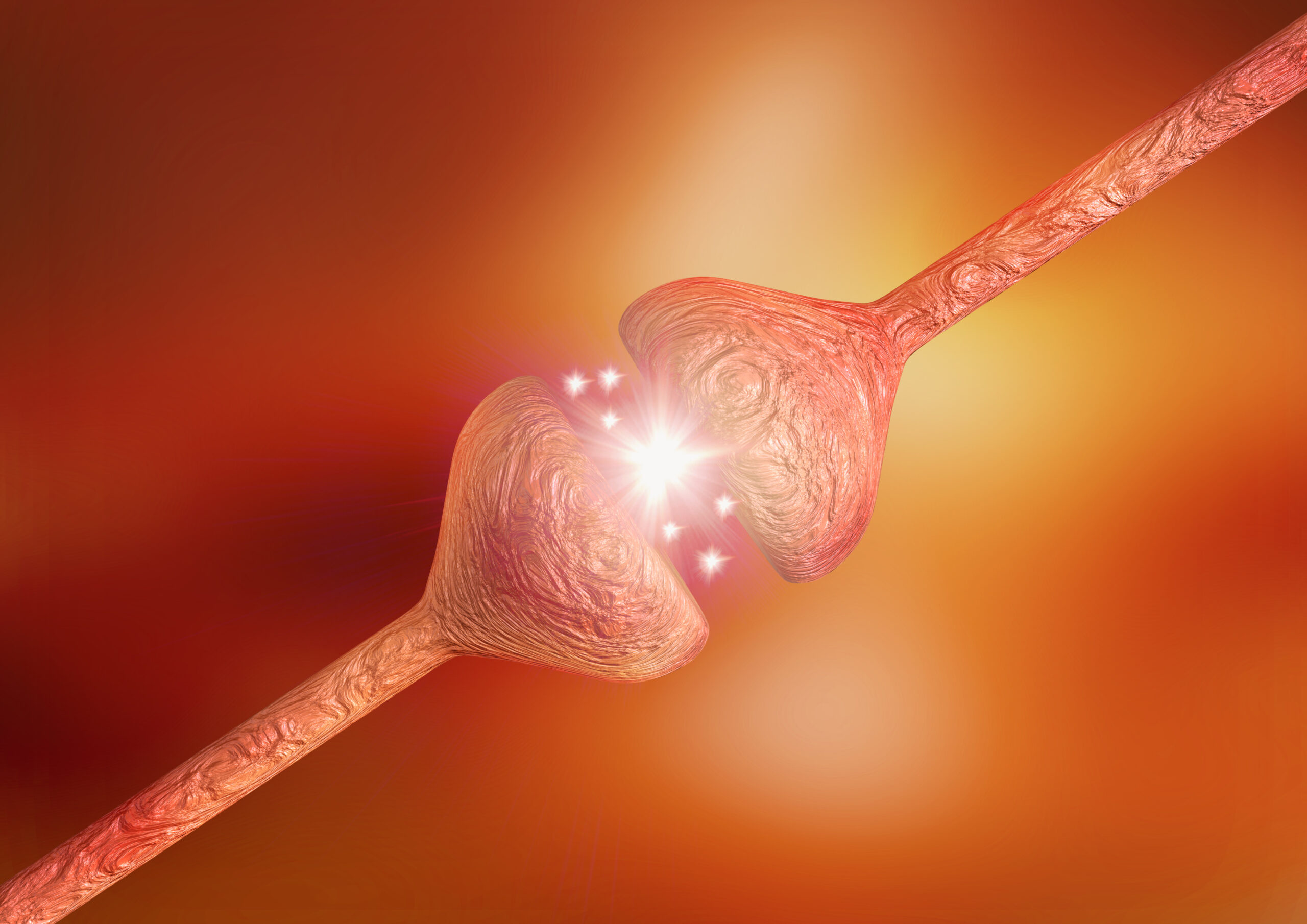How does menopause affect urban women
Menopause is a natural part of life for women, marking the end of their menstrual cycles. It can bring about a variety of physical and emotional changes, affecting women in different ways, regardless of their urban or rural settings. However, urban women might experience these changes differently due to lifestyle factors, access to healthcare, and societal pressures.
### Physical Symptoms
Urban women, like all women going through menopause, often experience hot flashes, vaginal dryness, and insomnia. These symptoms are common and can significantly impact daily life. For instance, hot flashes can occur at any time, disrupting work or social activities, while vaginal dryness can affect intimacy and overall well-being. Insomnia can lead to fatigue, affecting productivity and mood.
### Emotional and Mental Health
Menopause can also have profound effects on mental health. Mood swings, irritability, and anxiety are common, and these can be exacerbated by the stress of urban living. Younger women, in particular, are more likely to express concerns about mental health related to menopause, highlighting the need for support systems and mental health resources in urban environments.
### Lifestyle and Work Impact
Urban women often face unique challenges in balancing work and personal life. Menopause symptoms can affect job performance and overall quality of life. Problems in the workplace, such as managing hot flashes during meetings or dealing with mood swings, can be particularly challenging. However, there are effective treatments and lifestyle changes that can help manage these symptoms, allowing women to thrive both personally and professionally.
### Health Concerns
One in three women is concerned about the long-term health effects of menopause, which include an increased risk of osteoporosis, cardiovascular disease, and cognitive decline. Early menopause, which occurs before the age of 40, is associated with a higher risk of cognitive decline and dementia. Urban women may have better access to healthcare services, which can help monitor and manage these risks.
### Non-Pharmacological Interventions
Physical exercise is a valuable non-pharmacological approach to managing menopause symptoms. Activities like urban dance and functional fitness can improve physical and psychological well-being by reducing stress, improving mood, and enhancing overall health. These interventions are particularly beneficial in urban settings, where access to fitness classes and community programs is often readily available.
### Socioeconomic Factors
Socioeconomic status can influence the experience of menopause. Women with higher incomes may have better access to healthcare and lifestyle options that can mitigate symptoms. However, all women, regardless of socioeconomic status, can benefit from understanding the effects of menopause and seeking support when needed.
In conclusion, menopause affects urban women in multifaceted ways, impacting their physical health, mental well-being, and daily life. While challenges exist, there are also many resources and strategies available to help urban women navigate this transition effectively. By understanding these effects and leveraging available support systems, women can manage their symptoms and thrive during this phase of life.





